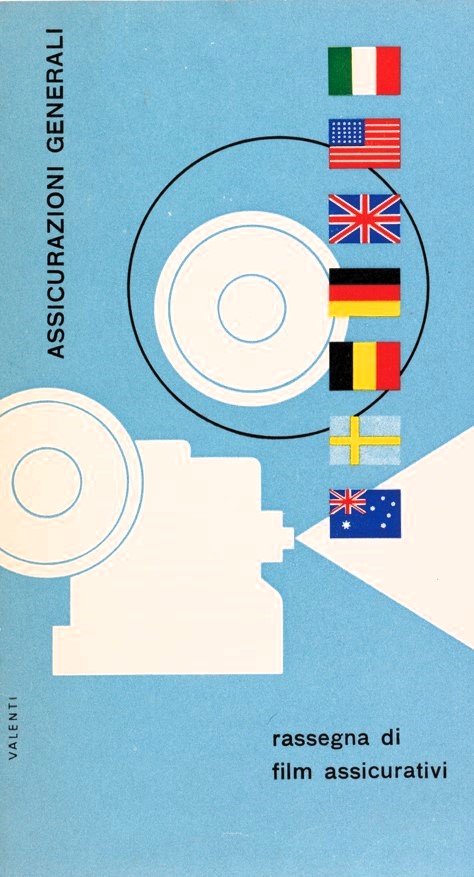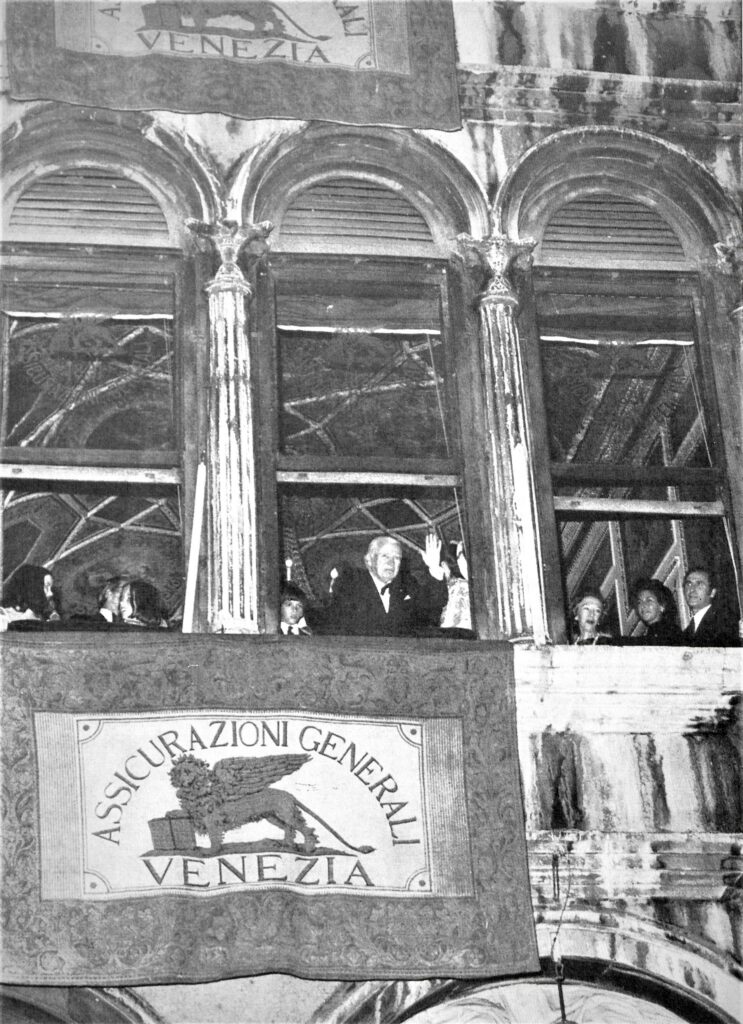The relationship between “the seventh art” — a term coined by film critic Ricciotto Canudo in 1921 to describe cinematography — and Generali dates back almost a century, to the birth (or perhaps more accurately, rebirth) of the Italian film industry in the 1930s.
Italian cinema has a rich and fascinating history that goes back all the way to the end of the 19th century. Following an initial lull at the end of the First World war that enabled Hollywood to seize the initiative and become the global hub of the film industry, with the advent of “talkies” in the 1920s and the opening of the Cinecittà studio complex in 1937, Italian cinema recovered and arose once more.
This new phase was accompanied by a contemporaneous revival and expansion of insurance policies that were increasingly tailored to the needs and newfound complexities of the market.
There are various sources preserved in the Generali Historical Archive that help us revisit the fundamental milestones of this longstanding relationship.
The first evidence of insurance assistance offered to the film industry by Generali can be found in the 1930s: the March 1936 issue of the Bollettino, Generali’s in-house magazine, features photos of the destructive blaze that tore through the Cines Studios in Rome, one of the first and most prominent Italian film studios, and the thank-you letter from its owners to Generali in the aftermath.
Thoughts began to turn to more elaborate insurance proposals, in line with the evolution of a delicate craft in a burgeoning industry. Policies were formulated for industrial risks, with one example coming from an executive-level memo from the Veneto head office in the mid-1930s. More broadly, dedicated consortiums were founded that offered insurance coverage for the film and audiovisual industries, such as the German Filmausfallversicherung or the Consorzio Italiano Assicurazioni Cinematografiche. These offered a range of insurance services to protect cinematic productions from various risks such as damage to equipment, third-party liability, injury coverage for the cast, crew and all the other employees. In this spirit, in 1941 an agreement was reached between the Consorzio and the Federazione degli Industriali dello Spettacolo to standardise the offering.
Injury coverage and third-party liability would go on to become commonplace in the film industry in the 1950s, at the same time as the growth of the film industry and concurrent rise of film insurance, also known as “completion bonds” or “completion guarantees”, which originated in the United States. These forms of insurance were introduced to protect the producers and investors from the financial risks associated with film production, such as on-set accidents and potential legal complications (films could also be insured against the risk of censorship); the latter in particular guaranteed that a film would be completed and delivered on time and on budget.
These new proposals (which the company proposed under the title of a “Global Cinematography” policy) were regularly advertised in the Bollettino, associating them with the biggest productions of Metro-Goldwyn-Mayer filmed in Cinecittà, such as Mervyn LeRoy’s 1951 film Quo Vadis? and William Wyler’s 1959 classic Ben Hur. Also in the Generali stable were some of the leading actors and directors of the time: Vittorio Gassmann, Renato Rascel, Marcello Mastroianni, Catherine Spaak, Ugo Tognazzi, Bud Spencer, Federico Fellini, to name but a few.
The technical documentation produced by the different branches and services such as life and real estate insurance offers an interesting prompt for investigation. There is a report from the end of the 1960s, for example, of a collective life insurance contract for 20th Century Fox, or Generali’s ownership or insurance of numerous cinemas in Italy and abroad that were often noted for their elegance, the modernity of their equipment and for the preserved vintage photographs. Two names stand out in this context: San Marco Cinema in Venice’s Salizada San Moisè, near Piazza San Marco, which opened on February 2, 1940, and the Palladium Cinema in Warsaw. The latter, which opened on October 21, 1937, was also involved in the successful insurrection in the city against the Germans in 1944.
Then, in the late 1960s, Generali was the Trieste promoter of an international insurance film festival, produced by the national insurance associations of various countries in Europe and beyond it. This offered a helpful overview of the criteria that inspired public information work in some of the most prominent foreign insurance markets, regarding the purpose and process of the service, as well as the value and range that could be found.
The step from promotion to production was a short one. Towards the end of the 1980s, Generali founded its in-house Audiovisual Production Centre.
In addition to the various strictly insurance-related films, in its 15 years of activity the centre also produced numerous historical and artistic works that received plaudits and recognition, such as the 1994 Grand Prix award for Marco Besso, Storia di un Presidente, as part of that year’s Business Communications Week. The rights to the video Maria: Preghiera della Chiesa, published in six languages and broadcast in multiple countries, were given to a fund for the restoration of Rome’s Basilica di Santa Maria Maggiore; the short film La Memoria Scritta, a collaboration with the Ministry for Cultural and Environmental Assets, was shared with 7,000 Italian schools to explain the importance of library collections to the students.
Some of the films were produced to document episodes from the history of Venice: the tribulations of the local Jewish community during the Holocaust, the floods of 1966 or the restoration of the company’s two bas-reliefs by Canova in the lobby of the San Marco Cinema. Additional works, created for important art exhibitions sponsored by Generali, retrace the story of the great masters of Italian art.
The involvement in cinema went beyond a business decision — it was also the result of a genuine passion within Generali for the artform. Giuseppe Volpi di Misurata, chairman of Generali from 1938-1943, is considered the creator of the prestigious Venice International Film Festival: In 1932, he organised the first ever international film festival in the capital of Veneto. To this day, the Venice International Film Festival awards the Volpi Cup for best actor/actress in his memory. This passion is immortalised in several of the vintage photographs preserved in the Archive, such as the visit of Charlie Chaplin to the Veneto headquarters of the company in 1972, in the Procuratie Vecchie building, to coincide with the 33rd edition of the festival, where he was awarded the Career Golden Lion prize for Career Achievement.
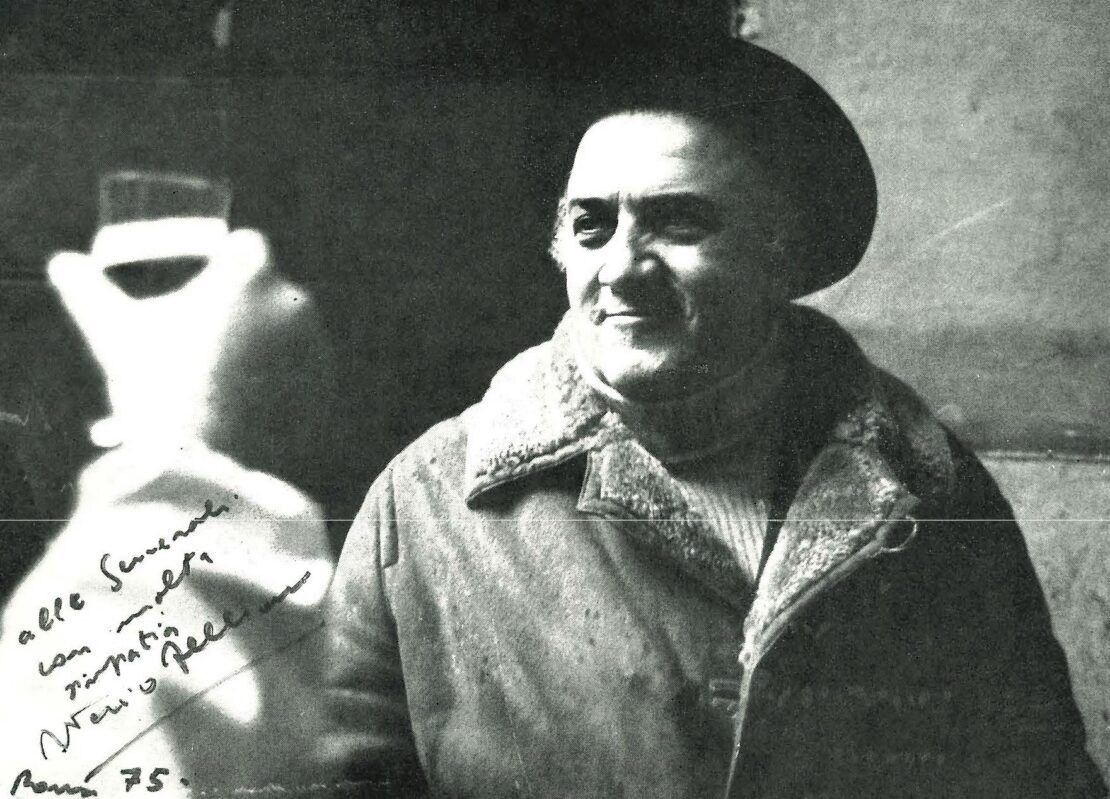
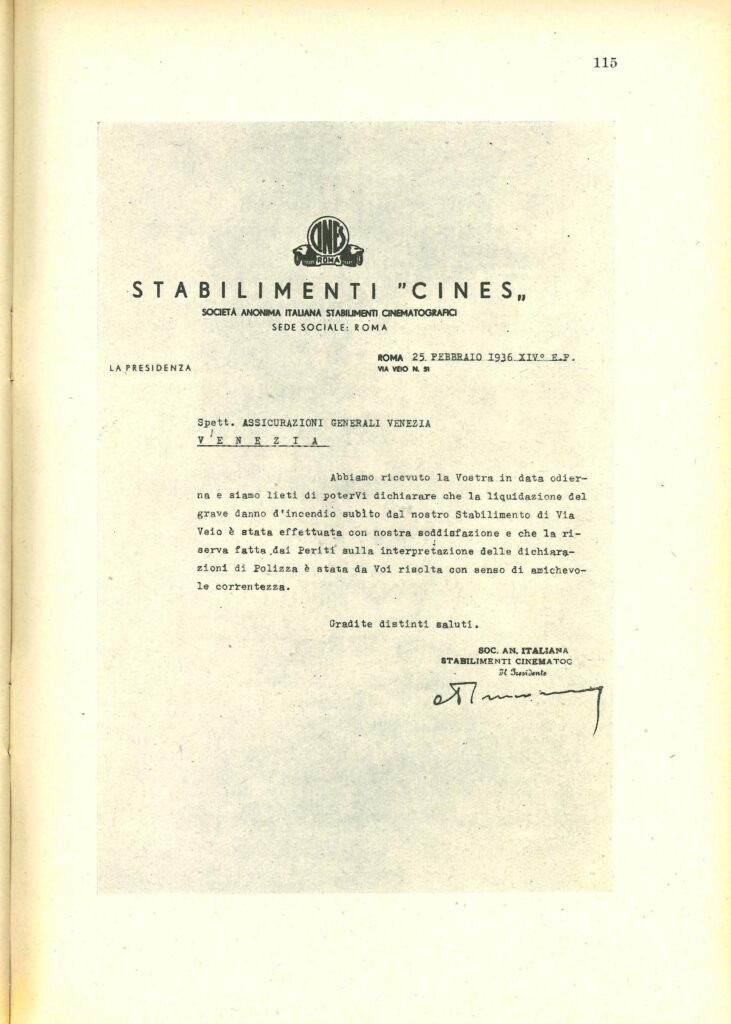
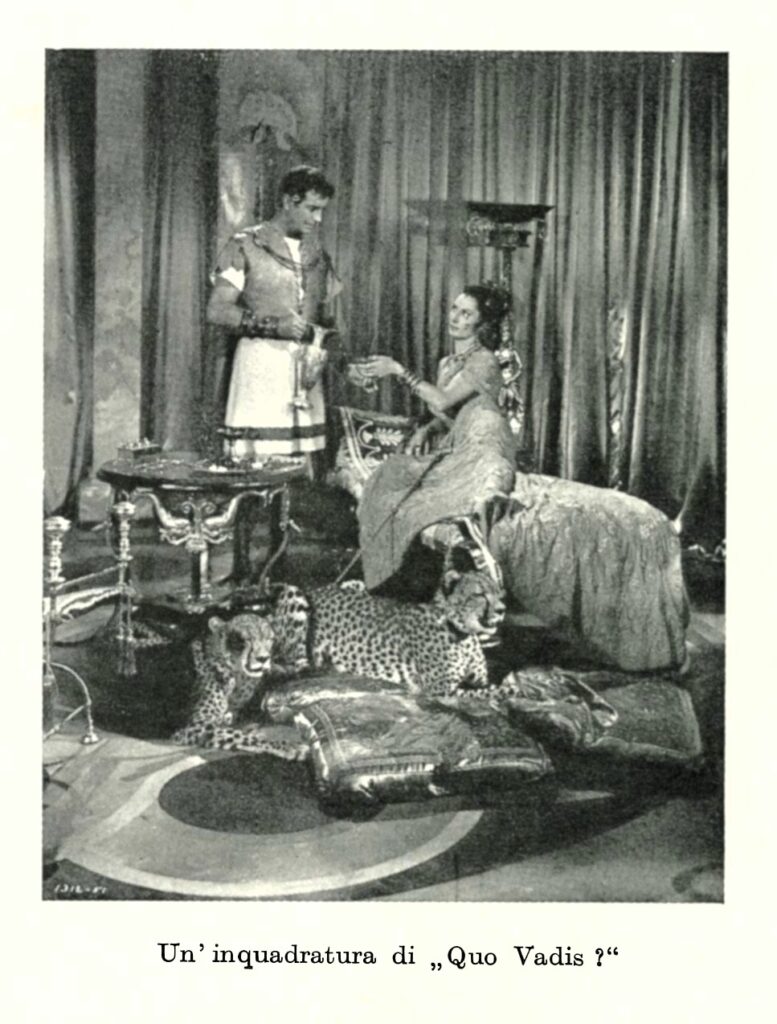
![Palladium Cinema, Warsaw [1937]](https://heritage.generali.com/wp-content/uploads/2024/10/3.-Palladium-1024x740.jpg)
